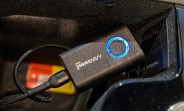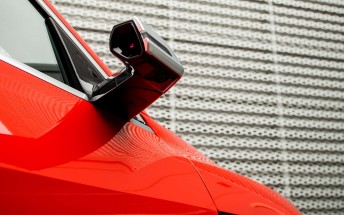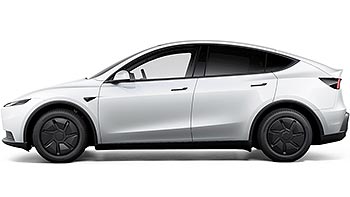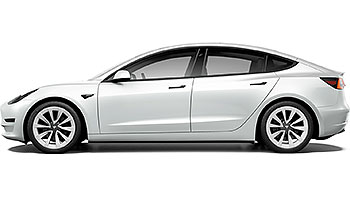Xiaomi SU7 and YU7 order-flipping market collapses

The launch of Xiaomi's first electric car, the SU7, created a frenzy that looked more like a tech gadget drop than a vehicle release. Hopeful entrepreneurs and tech fans rushed to place deposits, not necessarily to drive the sleek new EV, but to sell their spot in the long production queue for a quick and hefty profit.
For a moment, it worked. The secondary market for Xiaomi SU7 pre-orders was booming, with reservations commanding premiums of over RMB 10,000 ($1,400). Today, that market has completely imploded, leaving many amateur car flippers holding a reservation that is now worth less than the deposit they paid. According to Chinese media reports, dealers are buying back SU7 reservations for around RMB 1,500 ($210).

Just a few months ago, the hype was undeniable. After Xiaomi threw its hat into the electric car ring in the form of its second EV, it secured 240,000 orders within the first 18 hours of the YU7's launch. This overwhelming demand created a scalper's paradise. Desperate buyers, unwilling to wait in the official queue, paid handsomely for an early spot.
Order transfers for YU7 were fetching premiums between RMB 3,000 and RMB 20,000 ($420 to $2,800), and they dropped as low as RMB 2,000 ($280). Considering the initial deposit was RMB 5,000 ($700), sellers are accepting a loss of roughly RMB 3,000 ($420) just to walk away.

What turned this lucrative side hustle into a money-losing venture? The primary cause is a classic case of supply and demand. The market became flooded with speculative orders. When a huge number of people all have the same idea - to buy low and sell high - they create an oversupply.
There were simply too many people trying to sell their reservations and not enough buyers willing to pay a premium. One car dealer bluntly told reporters, "Two months ago, people were willing to pay a RMB 10,000 ($1,400) premium. Now, even with an RMB 3,000 ($420) discount, there are no takers."

The speculative bubble was popped by a few sharp realities. First, the official delivery timeline for a new Xiaomi YU7 stretched to an intimidating 48 weeks for some models. While this initially fueled the resale market, it eventually became a deterrent. Potential buyers realized they might as well place a new order and wait, rather than pay a scalper for a slightly earlier delivery slot.
The market sentiment was reportedly also impacted by a high-profile accident in the city of Chengdu, where an SU7 was involved in a fatal collision and fire. News reports highlighted that the vehicle's electronic doors could not be opened by bystanders, sparking safety concerns that likely cooled the enthusiasm of some prospective owners.

The market for flipping paper orders has soured, but the demand for the physical car remains strong. In the used car market, a barely driven Xiaomi YU7 with less than 62 miles on the odometer still sells for about RMB 10,000 ($1,400) above its original sticker price. This indicates that the vehicle itself is highly desirable; people want the car, but they are no longer willing to pay extra for a promise of one.
For Xiaomi, this market correction is hardly a catastrophe. The company's overall performance is as strong as ever. In September, Xiaomi sold 41,948 EVs, making it the second-largest new energy vehicle brand in the Chinese market. The company is also expanding, with 402 stores now open across 119 cities in China.
Related
Reader comments
- Anonymous
Bbbjguhkbh um buy u
- 20 Oct 2025
- tuh
- Anonymous
Ahahahaha good, fuck scalpers. And you have to be kicked in the head by a horse to buy xiaomi car.
- 18 Oct 2025
- n{2

















